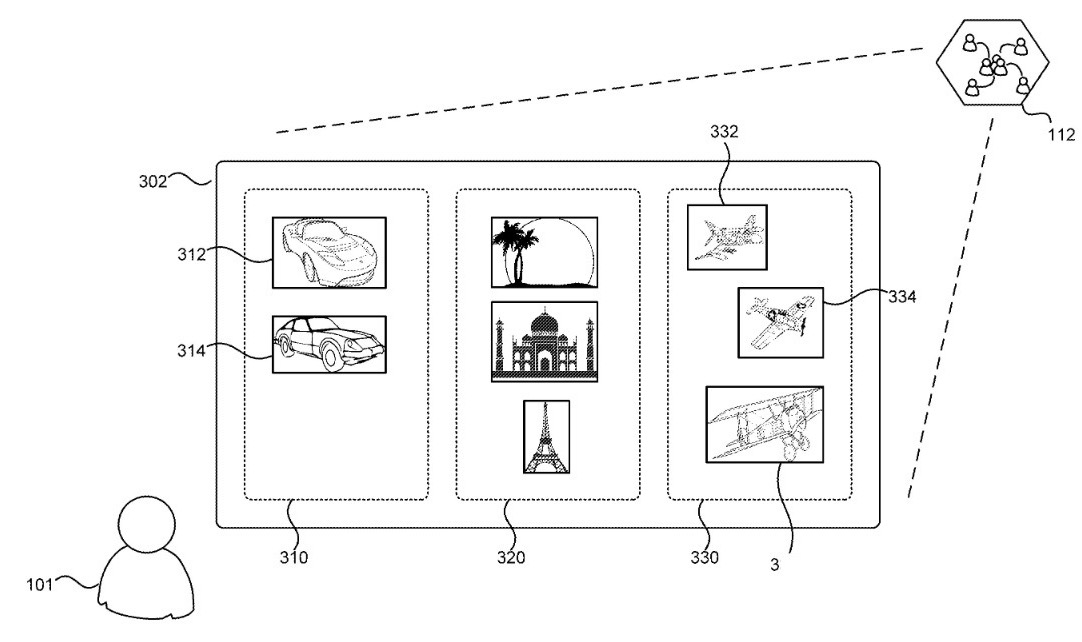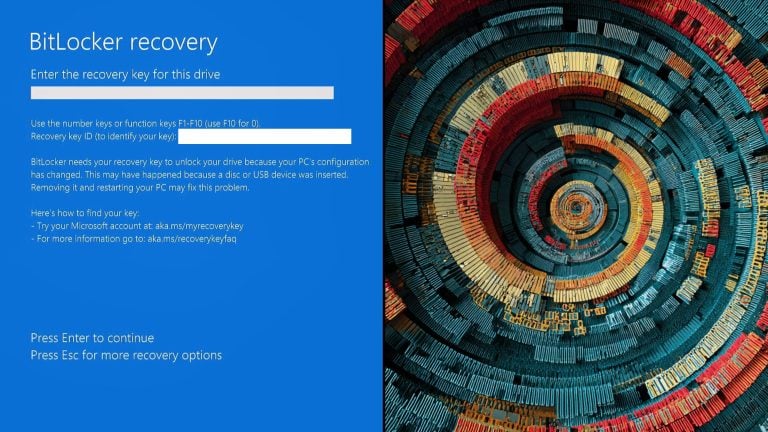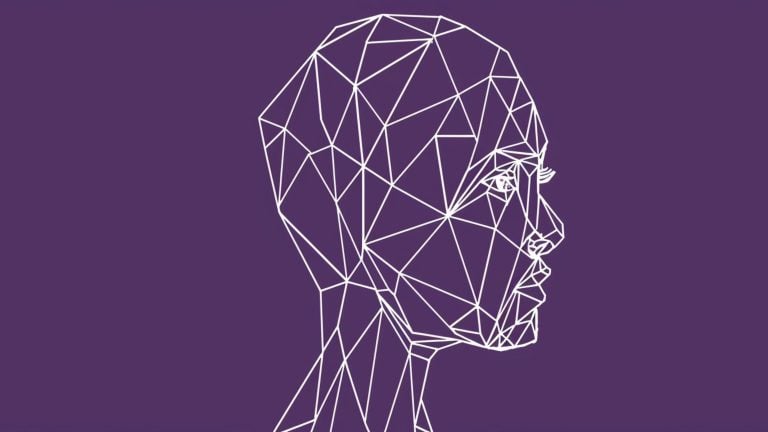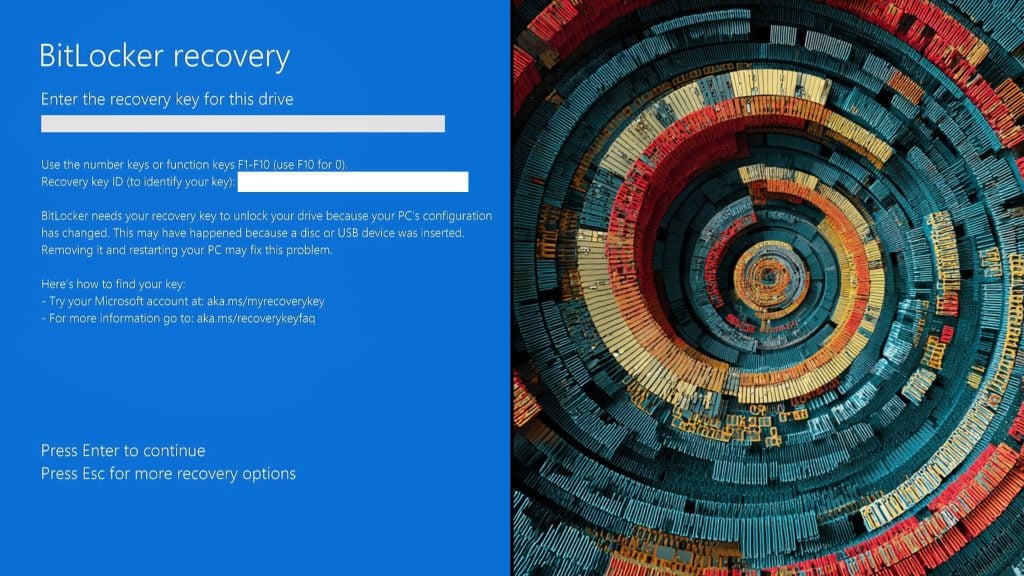Pinterest, the social media platform known for its digital pinboards, has filed for a patent aimed at leveraging users’ email data to generate personalized content. The patent application, which was filed in February, reveals that Pinterest plans to use a machine learning model to scan emails of users who have connected their email account to their Pinterest account.
Companies’ insatiable appetite for user data raises concerns over privacy and the commodification of personal information. Pinterest’s venture into scraping emails is a glaring example of this invasive trend.

Though Pinterest requires user permission to do this, by trawling through a user’s emails, Pinterest is not just discovering interests, but surveilling personal habits and activities. This data, while invaluable for companies to micro-target content and advertisements, comes at the cost of users’ privacy. There’s a fine line between personalization and exploitation, and by using personal emails to build consumer profiles, Pinterest and other companies like it are inching dangerously close to turning intimate aspects of individuals’ lives into commodities for corporate gain.
This machine learning model is designed to evaluate emails to pinpoint topics of interest, keep tabs on existing preferences, or gather user data for altering user preferences. For instance, signing up for a health food newsletter could prompt Pinterest’s algorithm to populate your boards with health food tips and ideas, whereas travel bookings for a trip to Paris could result in a user’s feed being adorned with French landmarks and sightseeing ideas in the country.










